Brewing coffee is an art that many of us practice daily, but sometimes things go awry, leading to a less-than-perfect cup. Discover seven common mistakes that might be altering the taste of your coffee and learn how to avoid them.
Using Stale Beans
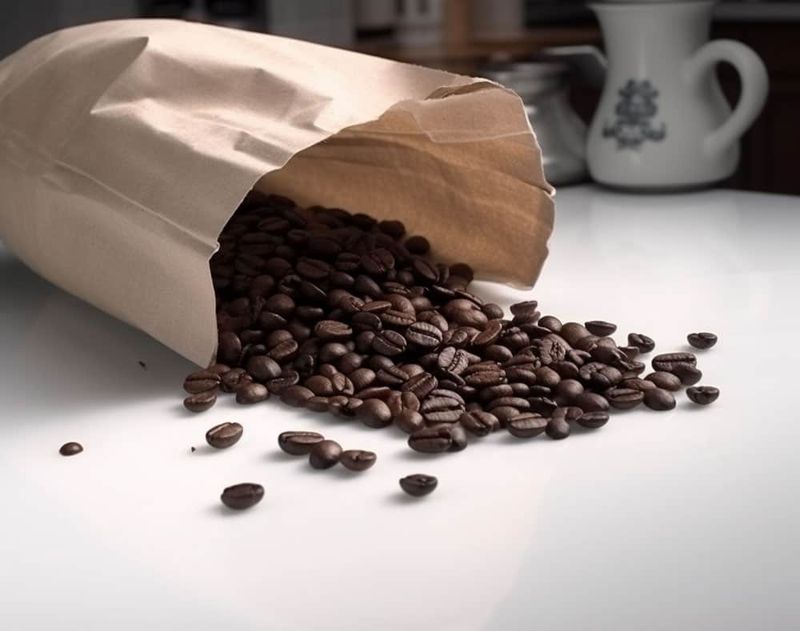
Freshness is key when it comes to coffee beans. A common error is using stale beans, which can result in a flat, lackluster brew that lacks aroma.
The oils in coffee beans degrade over time, and exposure to air accelerates this process. Always store beans in an airtight container to maintain freshness.
Grinding fresh is essential, as pre-ground coffee loses flavor swiftly. Stick to whole beans and grind just before brewing for the best results. Remember, the closer to the roast date, the better the coffee. Check your labels!
Incorrect Water Temperature
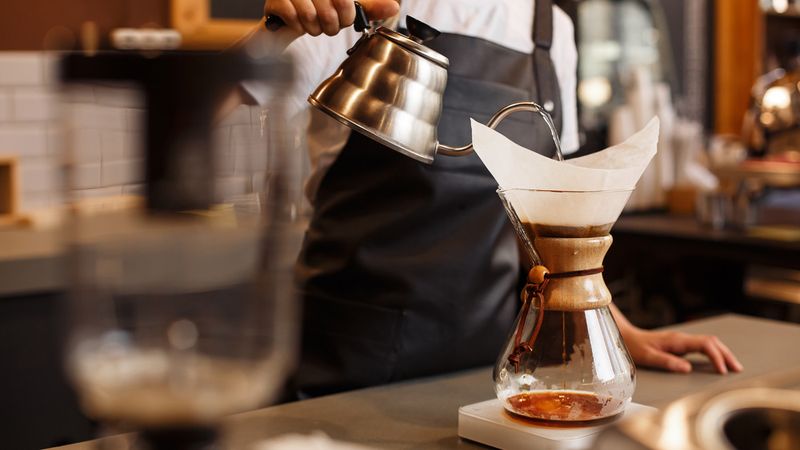
Water temperature plays a crucial role in extracting flavors from coffee. Too hot, and the coffee tastes bitter; too cold, and it becomes weak and under-extracted.
The ideal brewing temperature is between 195°F and 205°F (90°C to 96°C). Use a thermometer or temperature-controlled kettle to ensure accuracy.
This attention to detail can be the difference between a mediocre cup and a masterpiece. Be mindful of your water’s heat next time you brew, and you’ll taste the difference instantly.
Wrong Coffee-to-Water Ratio
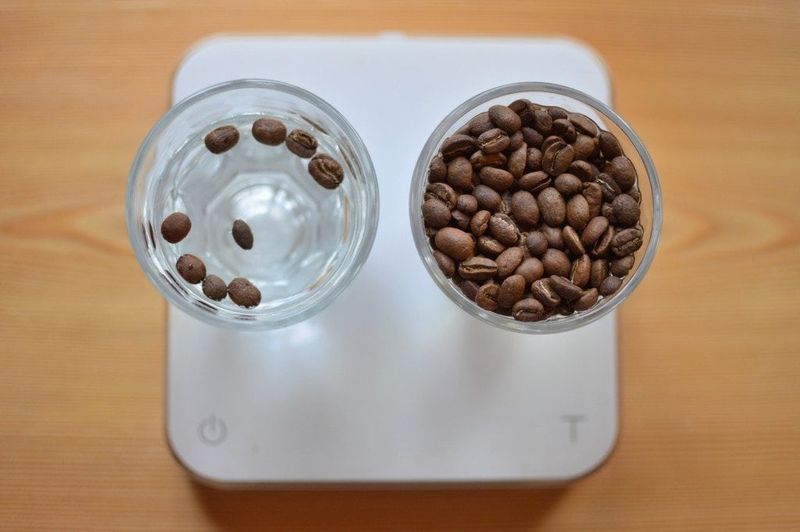
Balancing coffee and water is vital for a perfect brew. Too much coffee leads to a strong, overpowering brew, while too little results in a watery, bland cup.
A common guideline is 1:15 – one part coffee to fifteen parts water. Adjust to taste preferences but start here for consistency.
Using a kitchen scale to measure coffee ensures precision and avoids guesswork. Consistency is key, so find your sweet spot and stick to it.
Using Dirty Equipment
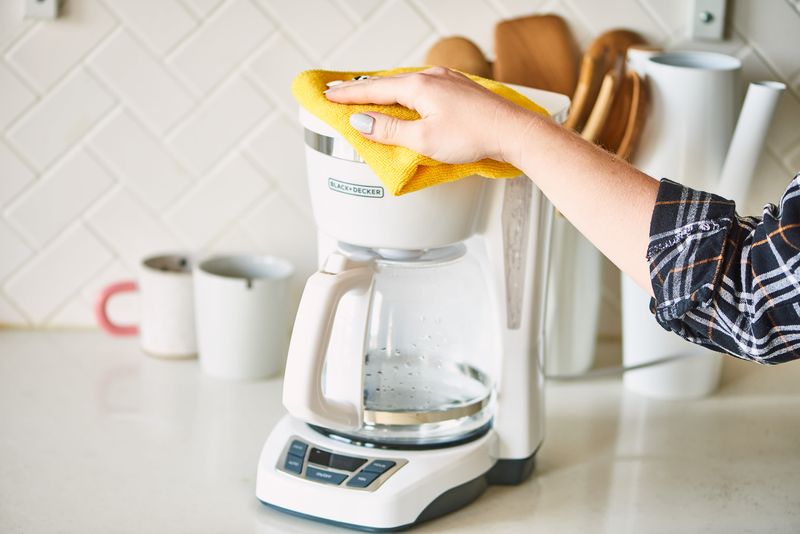
Even the best beans can’t compensate for unclean equipment. Oils and residues from past brews can taint your coffee, leading to off-flavors.
Regular cleaning of your coffee maker, grinder, and mugs prevents buildup that affects taste. Use vinegar or specialized cleaners for thoroughness.
An overlooked routine can make or break your morning ritual. Ensuring your gear is pristine guarantees a purer, more enjoyable coffee experience.
Ignoring Water Quality
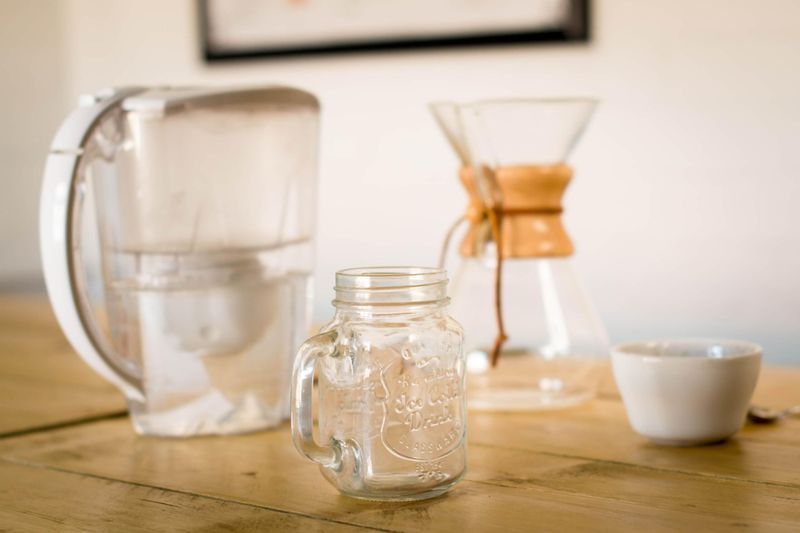
Coffee is 98% water, so its quality significantly impacts taste. Tap water with chlorine or minerals can alter the flavor profile, sometimes negatively.
Opt for filtered or bottled water to improve your coffee’s quality. A simple change in water can elevate your brew from ordinary to exceptional.
Test different water sources to see which complements your beans best. This often-overlooked aspect could be the secret to unlocking better brews.
Overlooking Grind Size
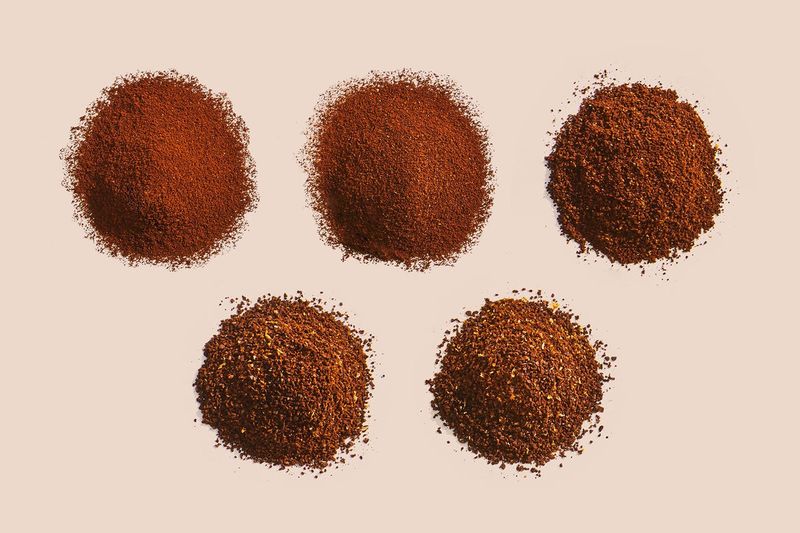
Grind size matters immensely in coffee brewing. The wrong grind for your brewing method can lead to a bitter or weak cup.
For instance, French press requires coarse grinds, while espresso needs fine ones. Adjusting grind size to your method prevents over or under-extraction.
Experiment with grind settings on your grinder. A small tweak can make significant improvements in flavor, ensuring your coffee shines.
Rushing the Brewing Process
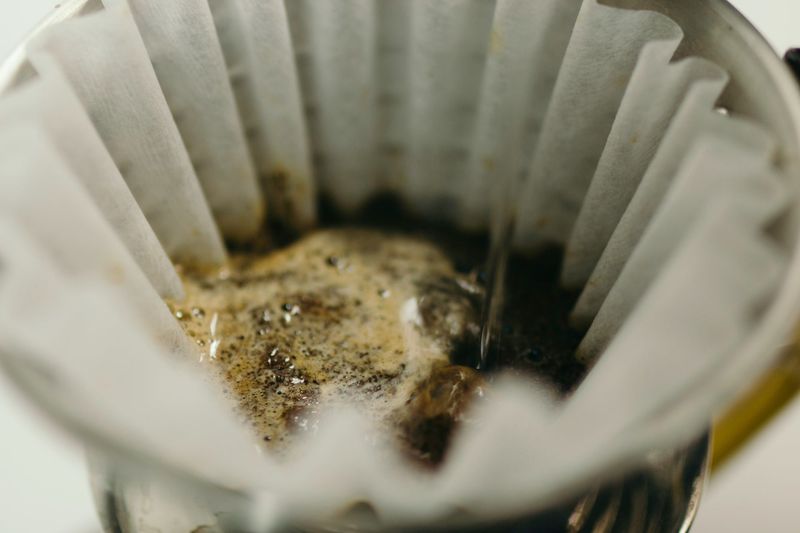
Patience is a virtue, especially in coffee brewing. Rushing can lead to uneven extraction and a disappointing cup.
Allowing enough time for brewing ensures flavors are properly extracted. Whether using a drip machine or a manual pour-over, follow the recommended time for each method.
Enjoying the process and not cutting corners leads to a cup that’s rich in taste and satisfaction. Slow down and savor the ritual of making coffee.
Leave a comment